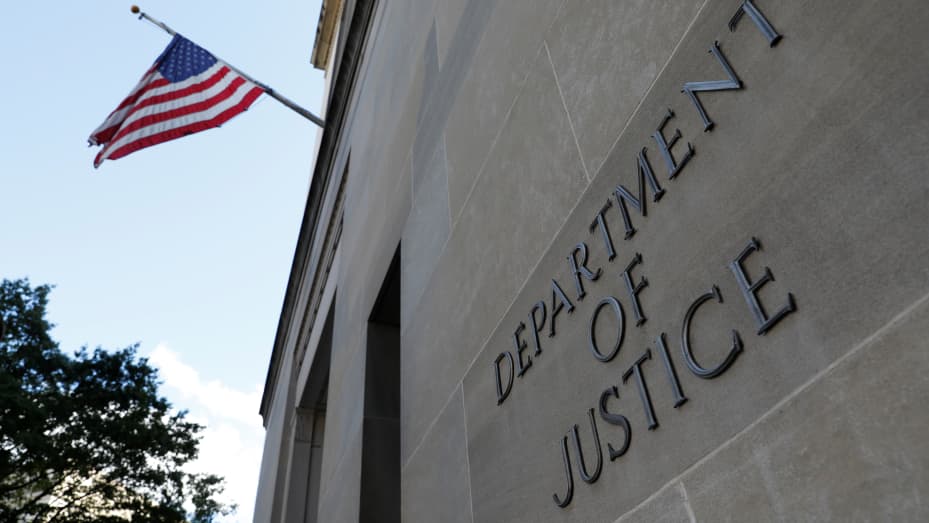The U.S. Department of Justice (DOJ) has filed a motion for a protective order in the case against ex-Binance CEO Changpeng Zhao, who faces an 18-month prison sentence for violating anti-money laundering rules.

The order aims to prevent the disclosure of sensitive information and witness identities. In the latest update in the United States vs former Binance CEO Changpeng Zhao lawsuit, the U.S. Department of Justice (DOJ) attorneys requested the court for a new proposed order. The move comes in response to latest proceedings, including CZ’s criminal sentencing postponed to April end.
US attorneys moved for entry of a protective order considering the sensitive information in the CZ lawsuit, according to a motion for protective order dated February 20. DOJ stated that defendant Changpeng Zhao and defense attorneys do not oppose the request for a protective order.
The protective order is intended to prevent the public access to any information that could jeopardize the case or the safety of the witnesses. The order states that “the proposed protective order is not disseminated or distributed to anyone other than defense counsel, members of the defense team, and the Defendant,” as per the filing.
Moreover, the order stipulates that the identities of sensitive witnesses will not be revealed in public filings, remaining sealed, similar to the recent sealing of unredacted letters and medical records. The order also requires the parties to return or destroy all the discovery materials at the end of the case.
Binance’s former CEO Changpeng Zhao pled guilty to failing to maintain an effective anti-money laundering program, cited US attorneys. Discovery materials provided include sensitive witness interviews, third-party financial records, and third-party internal business records.
CZ was accused of facilitating money laundering activities through Binance, the world’s largest crypto exchange by trading volume. He allegedly allowed users to trade crypto without verifying their identities or sources of funds, in violation of the Bank Secrecy Act and other anti-money laundering laws.
Anti-money laundering laws violations could see up to 20 years of incarceration, but experts earlier said CZ could face a prison sentence of 10 years. However, lawyers now believe CZ could face an 18-month prison term for money laundering charges based on his cooperation and plea agreement.
CZ is free on a $175 million release bond but is restricted from traveling to his home in the UAE due to flight risk until sentencing on February 23. The criminal sentencing date was recently delayed to April 30 at the request of both parties.
